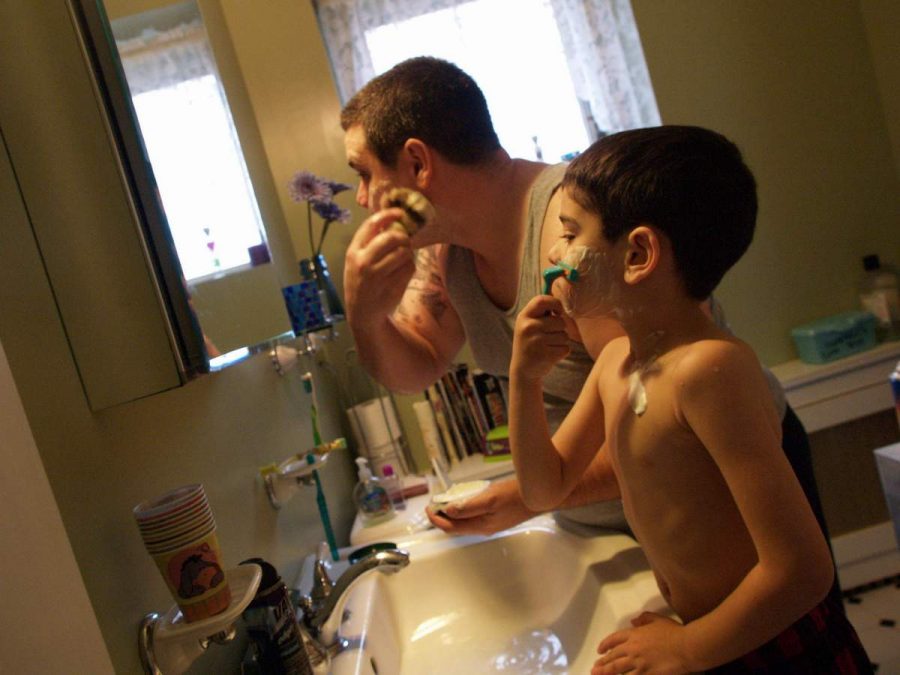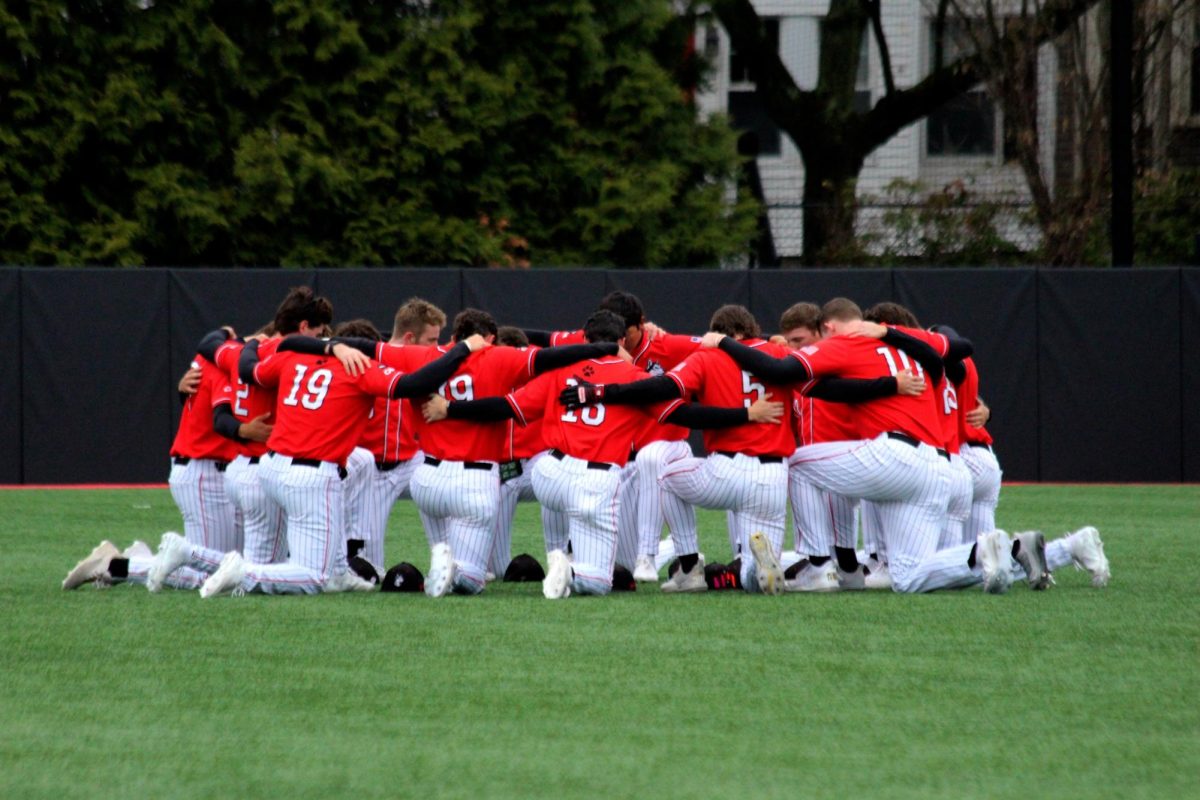Op-ed: Gillette ad highlights toxic masculinity
The Gillette ad shows how people should treat each other, men and women alike.
February 2, 2019
It starts small. It starts on the playground. It, an unbelievably unnecessary uproar, starts with Gillette.
Gillette released the advertisement “The Best Men Can Be” Jan. 13, highlighting exactly what the title suggests, but also revealing the worst behavior certain men can exhibit. The ad received considerable backlash, some men up in arms — throwing their razors triumphantly in trash cans or down toilets and pledging allegiance to a new brand.
Was the ad a bad PR move? Did Gillette screw up by calling out the majority of their consumer base?
In the ad, Gillette does not blame all men. All men are not the problem. The problem lies in negative roles and harmful ideas sometimes pushed upon men, both of which can cause adverse reactions to acknowledgement of this issue if these men do not fit into the narrow mold of masculinity society has established.
This year, the American Psychological Association, or APA, published new guidelines for dealing with toxic masculinity. The APA described the research on their website as “showing that traditional masculinity is psychologically harmful and that socializing boys to suppress their emotions causes damage that echoes both inwardly and outwardly.”
In the ad, Gillette proposed “holding men accountable.” It is not an attack on men, rather an example of human decency. The Gillette ad shows how people should treat each other, men and women alike.
This is where the #MeToo movement comes into play. While some people disagree with the inclusion of #MeToo, its role in the ad merely emphasizes how damaging toxic masculinity is. These results, such as sexual assault, are not new; they are deeply ingrained in our world. The difference now is that more people are finally noticing, and those who are not willing to accept these societal errors suddenly feel wronged.
The ad does a good job of contrasting its past advertisements, making a point to highlight male vulnerability rather than traditional but damaging images of masculinity. In one of the first images of the ad, we see a man receiving a kiss on the cheek. He is disrupted by a stampede of running boys chasing one another, like football players bursting through a banner. Other scenes depict a crying boy embracing his mother while hateful words flash across the screen, a father teaching his daughter a lesson in self-love and another interrupting what appears to be a normalized “boys will be boys” tussle.
The idea that “boys will be boys” is a notion people need to abandon. It is representative of a cycle damaging to all males and the people around them.
The APA website says, “From early childhood on, boys are encouraged to push down any emotion other than anger… which interrupts boys’ emotional development.”
It does not need to start with “boys will be boys.” Healthy masculinity should be instilled from a young age, so boys can learn how to reach the “best a man can be.”
The Gillette ad exhibits human decency, morals and values that signal a start in the right direction.







